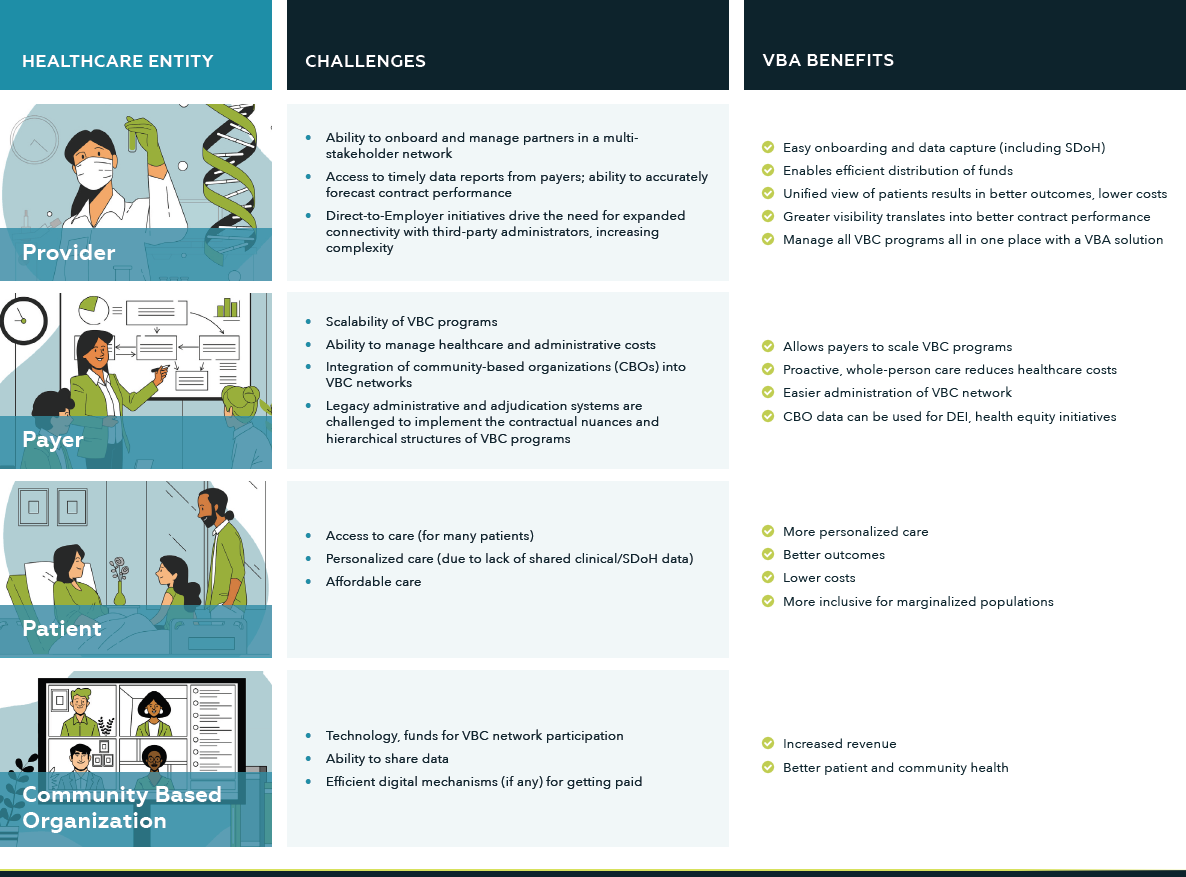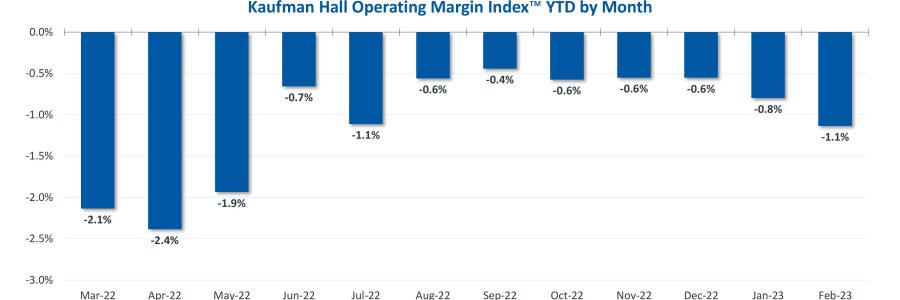In 2020, the Department of Justice estimated that fraudulent, wasteful, and abusive (FWA) billing practices account for more than $100 billion of the nation’s healthcare expenditures.1 Today, the National Healthcare Anti-Fraud Association (NHCAA) conservatively estimates that healthcare FWA costs the nation about $68 billion annually, representing 3% of the nation's $2.26 trillion in healthcare spending.2 FWA estimates from commercial health plans range as high as $230 billion annually, or
Read More
behavior
IT Infrastructure: Creating A Culture of Security In Your Hospital & Health System
It’s a fact: More than 80% of data breaches involve a human in some way. That could involve someone falling for a spear-phishing campaign designed to solicit credentials, clicking on a malicious link, or a simple error that leaves a security vulnerability open to bad actors. Creating a culture of security in your organization will keep security at the forefront of everything from operations to care delivery.
Monitoring and maintaining the security of IT infrastructure is often overemphasized
Read More
Elevating Workplace Safety to Combat Healthcare Violence Against Workers
The healthcare workforce is in crisis. From devastating staffing shortages to unmanageable levels of stress and burnout, today’s healthcare workers are desperate for some relief. Unfortunately, exacerbating these already significant challenges is an increasing rate of workplace violence in healthcare.
According to the results of a study published recently in the American Journal of Preventive Medicine, about one-third of public healthcare workers have experienced at least one incident
Read More
Expectations For The Connected Care Business In The Years Ahead
Though we seldom see their use in our modern world and, even then, only in fiction, there was a time when it was common for people to actually use things like crystal balls and divining rods to try to uncover unknown yet valuable information. As unbelievable as it may seem, soothsayers peered into crystal balls aiming to help seekers look into the future for guidance, while prospectors would rely earnestly on divining rods as they attempted to locate underground riches of water or oil.
While
Read More
Consumer Trust: How Healthcare Organizations Can Build Confidence with AI
Trust is a vital component of healthcare. It impacts whether someone shows up for a doctor’s appointment, follows their treatment plan, or plays an active role in their health.
But building trust doesn’t just happen at the front counter, inside the doctor's office, or in face-to-face interactions. Increasingly, consumers are interacting with their health plans through online and mobile touchpoints — and these virtual experiences are no less crucial to building trust than in-person
Read More
PsychoGenics Launches AI Platform to Revolutionize Drug Discovery
What You Should Know:
- PsychoGenics Inc., a provider of AI-enabled phenotypic drug discovery and preclinical CRO services launches eCube®, a novel pharmaco-electroencephalography (“pharmacoEEG”) platform.
The platform supports phenotypic drug discovery, which unlike traditional target-based drug discovery, can identify novel treatments with multiple targets.
How eCube Works
eCube measures drug-induced changes to EEG spectra data and utilizes machine learning classifiers trained
Read More
How Health Insurance Plans Can Track & Improve Member Engagement
The first step toward better health outcomes happens when people become proactive about protecting their own health and well-being. Proactive action rarely appears out of nowhere, though — most of us need some inspiration to start thinking about living healthier lifestyles.
That’s where health insurance plans have a real opportunity to help. Health plans can be that spark for their members: They can encourage healthier living while ensuring that members have access to the
Read More
Value-Based Administration Enables All VBC Network Stakeholders to Benefit
Despite holding the promise of delivering superior patient outcomes while lowering healthcare costs, many providers remain reluctant to embrace value-based care (VBC) reimbursement models. Progress toward VBC adoption hasn’t achieved its potential yet, hovering around 60% of all payment models from 2018 to 2021, with the remaining 40% comprised of traditional fee for service (FFS).
Though some providers simply are hesitant to abandon the FFS model that has served them well, others are leery
Read More
Report: Razor Thin Hospital Margins Becoming The New Norm
What You Should Know:
- Hospital finances are beginning to stabilize as razor-thin margins become the new normal, according to the newest data from Kaufman Hall. The National Hospital Flash Report draws on data from more than 900 hospitals from Syntellis Performance Solutions.
- The latest National Hospital Flash Report shows that the high level of variance that plagued hospital margins over the past
Read More
Rethinking Behavioral Health Support in the ED: 3 Keys for Innovation
About one out of five Americans with serious illness struggled to access care during the pandemic, and rates were significantly higher among disadvantaged populations, a 2022 study found. Now, as mental health-related visits in emergency departments (EDs) continue to rise, healthcare professionals must consider: “How can we create better behavioral health supports for people in crisis?”
It's a question that has significant implications for quality of care as well as cost.
The High Cost of
Read More










